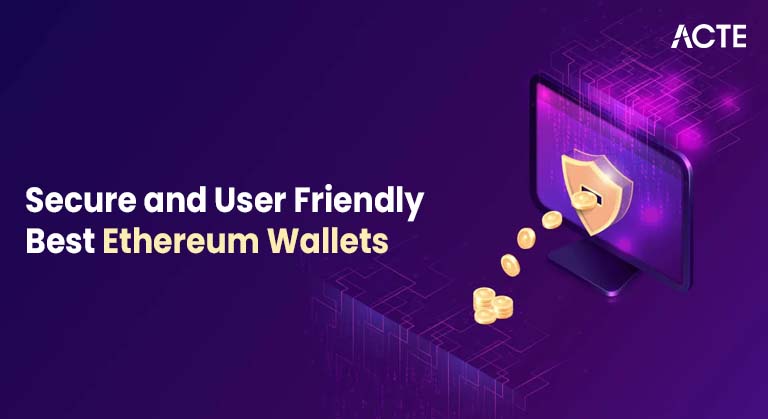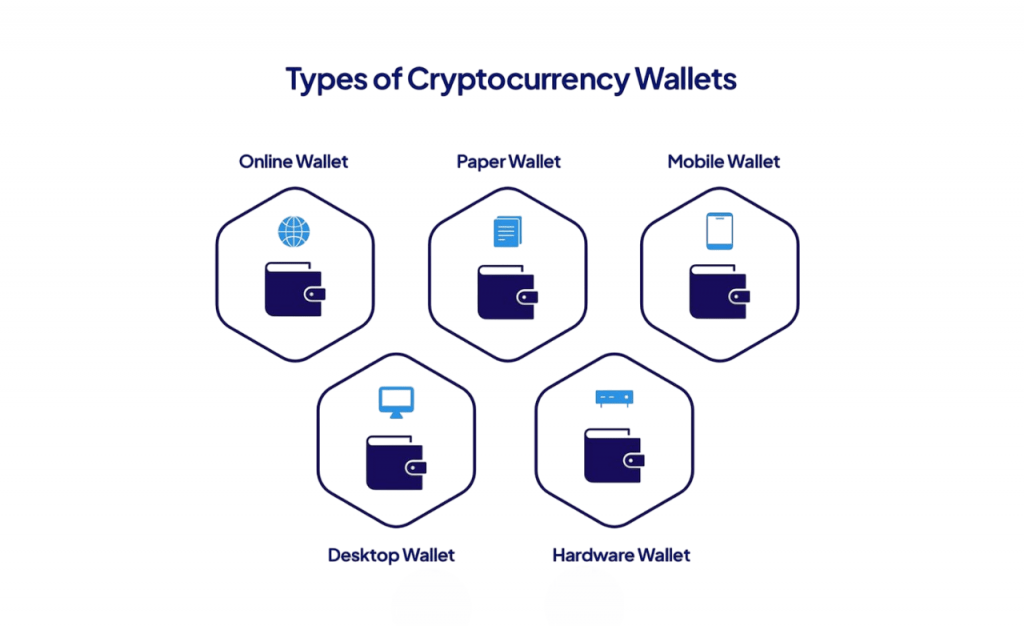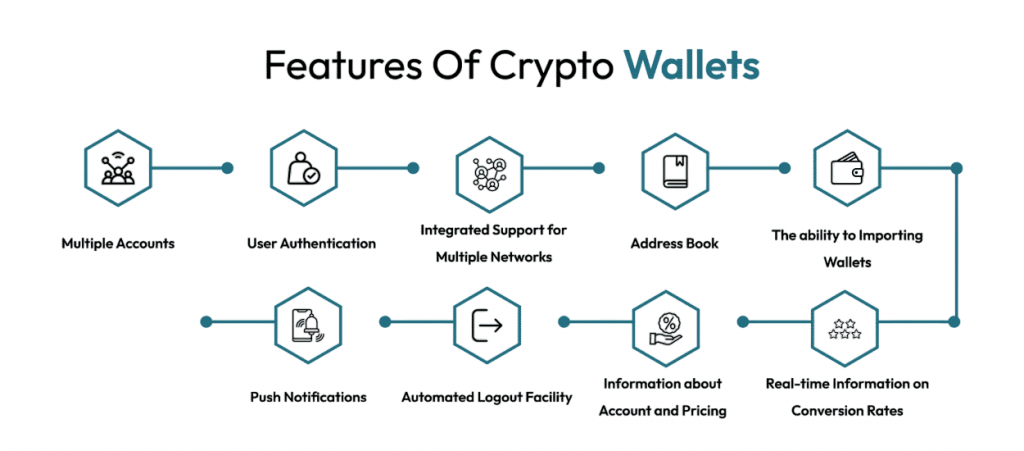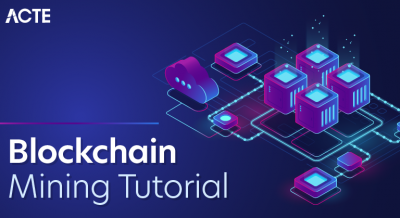
- Introduction to Ethereum Wallets
- Types of Ethereum Wallets
- Key Features Ethereum Wallet
- Best Hardware Wallets for Ethereum
- Best Software Wallets for Ethereum
- Best Mobile Ethereum Wallets
- Best Web Wallets for Ethereum
- How to Choose the Right Ethereum Wallet for You
- Conclusion
Introduction to Ethereum Wallets
An Ethereum wallet is a tool that allows users to interact with the Ethereum blockchain. It stores private keys, enabling users to send, receive, and manage Ether (ETH) and other Ethereum-based tokens such as ERC-20 and ERC-721 (NFTs). In simple terms, your wallet proves ownership of your assets and allows you to securely authorize transactions. There are two main types of wallets: custodial and non-custodial. Custodial wallets are managed by third parties like centralized exchanges. They hold your private keys, which makes them easy to use but reliant on the trustworthiness of the provider. Non-custodial wallets give you complete control of your assets since only you hold the keys. Ethereum wallets do more than just hold coins. They connect users to decentralized applications (dApps), DeFi platforms, NFT marketplaces, staking pools, and smart contract services. Whether you are an investor, trader, or developer, choosing the right wallet is essential for security, accessibility, and functionality.
Do You Want to Learn More About Blockchain? Get Info From Our Blockchain Training Course Today!
Types of Ethereum Wallets
Hardware Wallets (Cold Storage)
Hardware wallets are physical devices that store your private keys offline. This makes them extremely secure and resistant to hacking, phishing, and malware attacks. They are ideal for long-term holders and users who prioritize maximum protection. Examples include Ledger Nano X, Trezor Model T, and SafePal S1. These wallets typically require a connection to a computer or mobile app to sign transactions, but never expose the private keys to the internet.
Software Wallets (Desktop Wallets)
Desktop wallets are applications installed on your computer. They offer more control than web wallets but are more vulnerable than hardware wallets. These wallets are a good middle ground for users who want a secure and accessible way to manage their crypto. Popular options include MyEtherWallet, Exodus, Atomic Wallet, and Guarda. They often support multiple assets, staking, and in-app token exchanges.
Mobile Wallets
Mobile wallets are apps that allow users to manage their Ethereum on smartphones. They are very convenient for users who need on-the-go access to their crypto holdings and dApps. Most mobile wallets also offer features like QR code scanning, price alerts, and token swapping. Notable mobile wallets include MetaMask Mobile, Trust Wallet, Coinbase Wallet, Argent, and Rainbow.
Web Wallets (Browser-Based)
Web wallets run in your browser and are often integrated as extensions. They are easy to use and are the preferred option for interacting with DeFi platforms and NFTs. However, they rely heavily on browser security and are more prone to phishing attacks. Examples include MetaMask (browser extension), Enkrypt, and Brave Wallet.

Smart Contract Wallets
Smart contract wallets are a new generation of wallets built directly on the Ethereum blockchain. They use smart contracts to manage assets, offering advanced features like social recovery, multi-signature support, and customizable spending limits. Argent and Safe (formerly Gnosis Safe) are two leading smart contract wallets offering superior flexibility and security for individuals and teams.
Key Features to Look for in an Ethereum Wallet
- Security is the most important factor when choosing a wallet. Look for wallets that give you full control over your private keys. Features like two-factor authentication, biometric login, and backup options such as seed phrases are essential.
- A good wallet should have an intuitive interface that makes it easy for beginners and experienced users to navigate. Look for wallets that offer clean design, quick access to assets, and clear instructions for transactions and backups.
- Your wallet should support interaction with decentralized applications. This includes the ability to connect with DeFi platforms like Uniswap and Aave, as well as NFT marketplaces such as OpenSea and Blur. Wallets with built-in dApp browsers or WalletConnect support offer greater flexibility.
- While the Best Ethereum wallets are primarily designed for ETH and ERC-20 tokens, many also support other chains and assets. If you hold tokens on Layer 2 networks like Arbitrum, Optimism, or Polygon, make sure your wallet supports them.
- Seed phrases are critical for recovering your wallet in case you lose access. Make sure your wallet offers a 12 or 24-word seed phrase during setup. Some smart contract wallets offer social recovery and cloud backups for added convenience.
- Strong developer backing and an active community are signs of a reliable wallet. Look for wallets that have clear documentation, responsive customer support, and frequent updates. Open-source wallets with transparent development tend to be more trustworthy.
- Ledger is one of the most trusted names in the hardware wallet space. The Nano X offers Bluetooth functionality, a sleek interface, and support for over 5,000 assets. The Nano S Plus is a more affordable alternative without Bluetooth. Both integrate with Ledger Live and third-party dApps via MetaMask.
- Trezor is another top-tier hardware wallet known for its security and open-source architecture. The Model T has a touchscreen interface and supports a wide range of coins, including Ethereum and ERC-20 tokens. It works well with Trezor Suite and external dApps.
- The SafePal S1 offers a lower-cost option with air-gapped signing via QR code scanning. It supports multiple blockchains, a user-friendly interface, and mobile connectivity. It’s ideal for users who want affordable cold storage with decent dApp access.
- If you are a long-term holder, use a hardware wallet like Ledger or Trezor.
- If you are an active DeFi user, consider MetaMask, Argent, or Coinbase Wallet.
- If you are focused on NFTs, Rainbow or Trust Wallet are excellent.
- For developers and power users, MyEtherWallet and Enkrypt offer more control.
- For beginners, Exodus and Atomic Wallet provide simplicity and broad support.

Would You Like to Know More About Blockchain? Sign Up For Our Blockchain Training Course Now!
Best Hardware Wallets for Ethereum
Best Software Wallets for Ethereum
The best software wallet is a beginner-friendly desktop wallet with multi-asset support, in-app exchanges, staking, and a beautiful UI. It supports Ethereum, ERC-20 tokens, and connects with Trezor for added security. MEW is a classic Ethereum wallet that allows users to create wallets, interact with contracts, and access a wide range of Ethereum tools. It integrates with hardware wallets and is ideal for users focused solely on Ethereum. Atomic Wallet is another multi-currency wallet with Ethereum support, token swaps, staking features, and strong community engagement. It’s available for desktop and mobile. Guarda is a lightweight wallet supporting Ethereum and over 50 other blockchains. It offers staking, browser extensions, and seamless wallet backup options.
Best Mobile Ethereum Wallets
MetaMask Mobile
MetaMask is the most widely used Ethereum wallet and is available as both a browser extension and a mobile app. It supports dApp browsing, token swaps, custom RPCs, and multiple wallet imports. It is the go-to wallet for DeFi and NFTs.
Trust Wallet
Owned by Binance, Trust Wallet is a mobile-first wallet supporting Ethereum and dozens of other chains. It includes staking, NFT support, a built-in browser, and strong community features.
Coinbase Wallet
Separate from the Coinbase exchange, this mobile wallet gives users full control of their keys. It supports Ethereum and other networks, dApps, and NFTs, while also integrating with Coinbase for asset transfers.
Rainbow
Rainbow is a stylish Ethereum wallet that is particularly well-suited for NFT users. It offers colorful visuals, WalletConnect support, and seamless Ethereum mainnet and Layer 2 switching.
Argent
Argent is a smart contract of the Best Ethereum wallets that simplifies Ethereum usage with features like gasless transactions, social recovery, and Layer 2 support. It is ideal for DeFi users looking for ease and security.
Best Web Wallets for Ethereum
MetaMask is the standard web3 wallet, with millions of users across the world. As a browser extension, it allows users to interact with DeFi platforms, NFTs, and dApps. It supports custom networks and has a built-in token swap feature. Developed by MyEtherWallet, Enkrypt is a multichain browser wallet that supports Ethereum and other networks like Polkadot. It’s built for users looking to explore cross-chain dApps. Brave’s built-in wallet eliminates the need for extensions, reducing risk. It supports Ethereum and multiple EVM-compatible chains, and integrates seamlessly into the Brave browser experience.
Are You Preparing for Blockchain Jobs? Check Out ACTE’s Blockchain Interview Questions and Answers to Boost Your Preparation!
How to Choose the Right Ethereum Wallet for You
Choosing the right wallet depends on your goals, technical expertise, and security preferences.
Evaluate what you value most: convenience, security, asset diversity, or integration with DeFi and NFTs.
Conclusion
The Best Ethereum wallets are the gateway to the decentralized world. Whether you are holding ETH as an investment, trading tokens, collecting NFTs, or using dApps, choosing the right wallet is critical to your crypto journey. Security, ease of use, feature set, and network compatibility should guide your decision. As the Best Ethereum wallets continues to grow, wallets are evolving into full-fledged portals to the decentralized internet. Take the time to explore your options, test a few, and always back up your seed phrase. With the right wallet, you can take full control of your Ethereum assets and safely navigate the web3 ecosystem.




